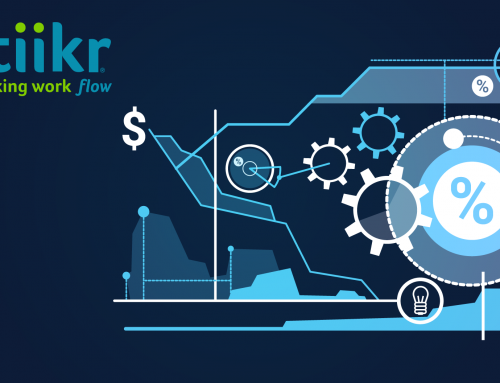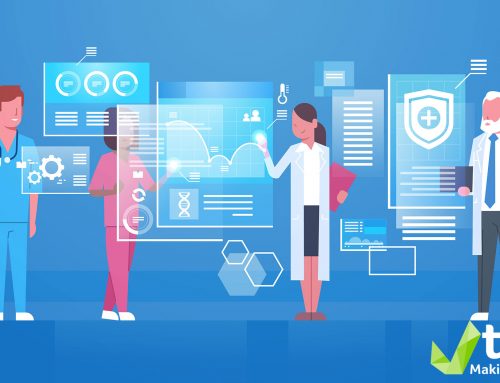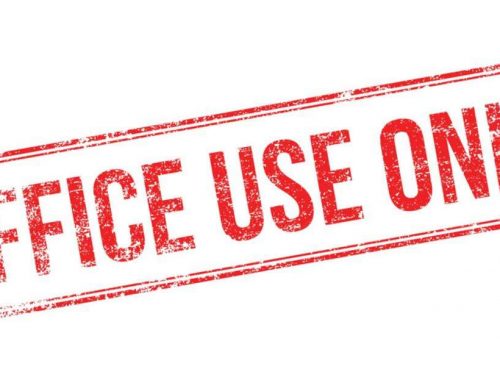For any process to be completed, workflows are needed. But some workflows involve time-consuming manual tasks like in the healthcare industry. The process involves patient scheduling, patient records, medical reports, prescriptions, billing, inventory management and a lot more.
Every document in a medical practice is important. The healthcare and medical industry rely on timely and accurate information delivery. However, paper-based work carries significant and avoidable risk related to efficiency, accuracy, and security. Mobile digital forms and workflows address those issues by eliminating incomplete, unreadable, or lost paperwork whilst providing access anywhere, anytime, on any device. Hospitals and medical facilities now have the opportunity to decrease manual efforts and reduce errors since HIPAA Security Rules require healthcare organisations to keep documents safe and secure.
Healthcare workflow automation is important to avoid errors and delays. This process allows hospitals and medical facilities to face their day-to-day activities using process management tools that can make the operations run smoothly.
What is Healthcare Workflow?
Workflow is defined as organised and repetitive patterns of tasks. It happens when resources are organised systematically to create processes. As a result, they transform materials, process information, and provide services in a fast and efficient way.
In the healthcare and medical industry, a workflow is essential in the delivery of clinical activities in a systematic manner. An automated healthcare workflow improves the efficiency and productivity of every hospital staff member. It brings higher patient satisfaction and better clinical outcomes.
Prior to modern digital solutions, everything was manual in our health systems. This meant that all the paperwork, patient records, and every single piece of medical-related data were manually handled and recorded. Such methods consumed so much time, not to mention the unnecessary risk of errors.
But with everything moving to the digital space, hospitals are switching from files, charts, and papers to electronic systems for all medical records and processes. This major move is an assurance that patient information can easily be accessed whenever needed. An electronic health record or EHR is a digital archive for every patients’ data. It does not require any manual paperwork. For this reason, all the information within it is up-to-date and accurate.
Using technology to automate repetitive systems, healthcare organisations can dramatically streamline their processes and regulate high-volume workflows. This transition from manual to digital work processes is called an automated workflow.
What are Automated Workflows?
Business processes are based on various workflow rules. However, these manual work activities can shift into self-operating ones. Such is possible through the process of workflow automation.
Workflow automation is the implementation of business activities using various management tools. Repetitive and recurring tasks are planned out and arranged in a way that would improve their execution.
Through self-operating processes, industries will be able to save money and time. They can also reduce errors, as well as boost employees’ productivity.
Industries need workflow automation software. Automating such workflows will allow you to organise repeatable business processes and digitally distribute them to your staff. On top of that, workflow automation software will also make it easier for you to achieve your goals. Additionally, it will result in excellent business outcomes and provide automated records management.
Top 3 Reasons Why Automated Workflow is Helpful in the Healthcare Industry
The healthcare industry is full of tedious tasks. Staff needs to juggle attending to patients while updating their records and providing the needs of physicians. But despite the shift of most industries to digital, healthcare organisations are still stuck on paper-based workflows.
True enough, paper-based works have been in place for a long time. However, they still lack all the efficiency that digital workflows can provide. For this reason, the healthcare industry needs to improve and automate workflows. Doing such will deliver a major improvement, not only on medical staff but also on the entire industry.
Below are the reasons why the hospitals need a healthcare automated workflow:
To simplify the processes of admitting and discharging patients.
The process of admitting patients is usually troublesome. It is even a real turn-off for patients. In order to save time for both the medical staff and patients’ time, traditional paper-based processes need to shift to digital. With automated workflows, patients will no longer have to wait for the long signing procedure before getting admitted. It will also be easier for doctors to approve discharge papers using their smartphones.
To devise a comprehensive analytics solution.
An analytics solution is important as it allows hospitals to optimise their healthcare system. A healthcare automated workflow will provide access to detailed analytic reports. As a result, hospitals and medical practices will get a clearer picture of all the important clinical and financial processes. Additionally, they will be able to find out the real needs of patients and the strengths and weaknesses of medical teams. This way, everything will run smoothly, accurately, and with minimal errors.
To automate the process of scheduling.
Most hospitals assign shifts to their staff via chains of emails. However, this process is archaic. By using automated workflows designed for healthcare, medical teams will be able to remove the possibility of duplication or error when scheduling medical procedures and the like. It will also generate an accurate and more accessible schedule.
The Takeaway
The healthcare industry has strict rules when it comes to handling patient data and hospital records. For this reason, hospitals and medical practices need to have an automated workflow system to manage everything effectively. Doing so will result in faster and safer healthcare delivery. In addition, it will reduce stress levels and improve the productivity of healthcare workers.
With an automated healthcare workflow, hospital staff will be able to attend to more patients without having to deal with repetitive tasks like recording their data. This way, they will be able to provide higher quality care to people.
Ready to get started with Tiikr?
Contact us today to learn more about our healthcare solutions through digital form and workflow automation. Tiikr can give you fast, full experience in delivering modern health services.







